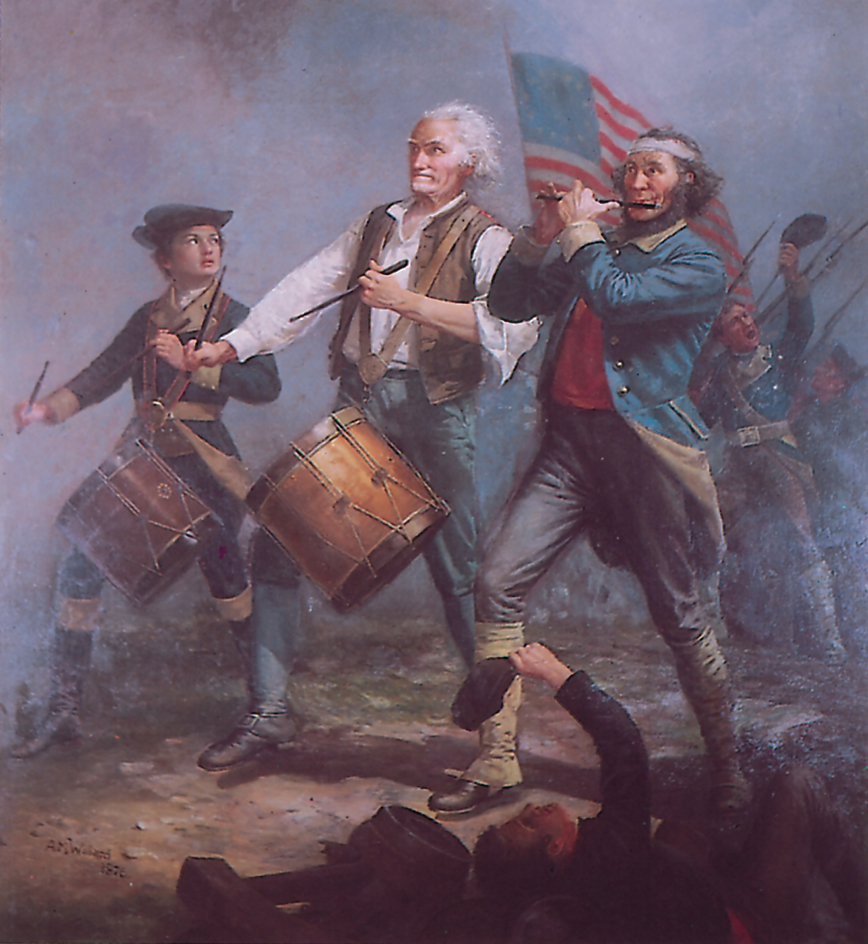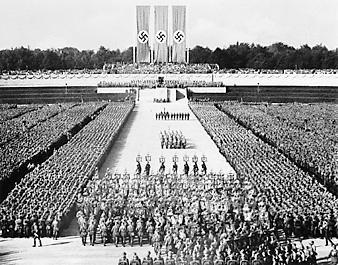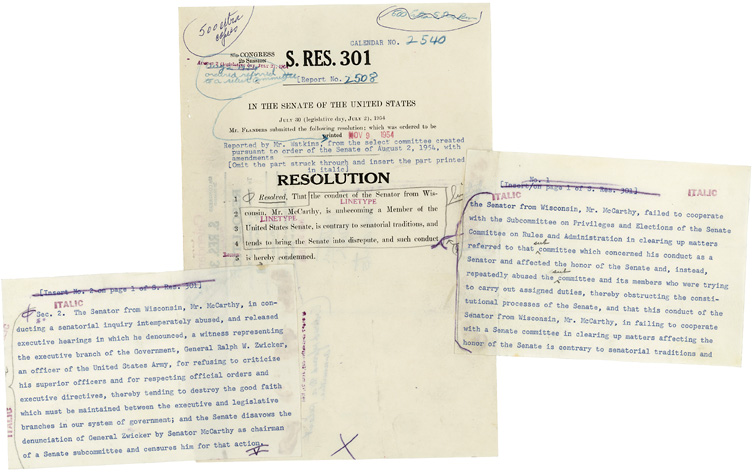Patriotism is the love of one’s country. It includes attachment to the country’s land and people, admiration for its customs and traditions, pride in its history, and devotion to its welfare. The term suggests a feeling of oneness and membership in the country.
Patriotism has existed in all ages and among most peoples. Evidence of patriotism can be found in the art, literature, and music of many countries. Many artistic masterpieces glorify a country’s leaders, historical events, and scenery. Numerous literary works praise love of country and willingness to suffer even death in defense of a country’s freedom and good name. Patriotic songs and slogans have helped unite citizens in support of their country during periods of war, revolution, or economic development.

Schools help develop patriotism by creating an appreciation for common memories, hopes, and traditions. Through the study of history, for example, many students learn to love their country and admire its heroes. Patriotic organizations maintain and promote such symbols and expressions of patriotism as the national anthem, national flag, pledge of allegiance, and national shrines and monuments. Leading patriotic organizations in the United States include the American Legion and the Veterans of Foreign Wars. World Book has separate articles on these and many other patriotic organizations. See Veterans’ organizations with its list of related articles.
Most people agree that patriotism involves serving one’s country, but many disagree on how they can best perform such service. Some say that the national government speaks for the country and that citizens should therefore actively support all government policies and actions. Others argue that a true patriot will speak out if convinced that the country is following an unjust or unwise course of action.
Foundations of patriotism.
The word patriotism comes from a Greek word that means fatherland. Throughout most of history, love of fatherland or homeland was simply a love for the physical features of the land, including mountains, plains, and rivers. But the idea of patriotism has changed since the 1700’s, in part because of the rise of such political ideals as democracy and Communism. For example, many people believe strongly in the democratic ideal, according to which people have a right to govern themselves. These people may have strong patriotic feelings because they live in a democratic country and support its institutions.
Patriotism has also changed since the 1700’s because of the rise of nationalism. Nationalism is a people’s sense of belonging together as a nation. Here, the word nation refers to a group of people who share a common culture, history, or language and have a feeling of unity. But the boundaries of a nation do not necessarily match the boundaries of a country or state. A country is an area of land whose people have an independent government. The people of a nation may be ruled by the governments of more than one country, and a single country may contain people of more than one nation.
In some cases, strong feelings of nationalism contribute to patriotism. If people feel that their country represents them as a nation and reinforces their common culture, their nationalistic feelings often include patriotism. This is especially true in the case of a nation-state, which exists when a nation and a state or country have the same boundaries.
However, nationalism may conflict with patriotism when the people of a nation do not identify with the country that rules part or all of their homeland. For example, many of the African countries that gained independence in the mid-1900’s were established with the same boundaries as earlier European colonies. Many of these boundaries cut across the homelands of African ethnic groups. As a result, people of these groups may feel closer ties to neighbors in another country than to other groups in their own country.
Abuses of patriotism.
Patriotism, like other emotional attitudes, sometimes becomes exaggerated or distorted. People excessively attached to a certain country are sometimes called superpatriots. An unreasoning enthusiasm for the military superiority and glory of one’s country is called chauvinism or jingoism (see Jingoism ).
Exaggerated or distorted forms of patriotism have existed in almost all countries. In the late 1800’s, the French and British believed they had a moral responsibility to establish colonies in Asia and Africa, and thus bring the benefits of their culture to their “inferior brothers.” In the 1900’s, the Germans under Adolf Hitler and the Italians under Benito Mussolini became convinced their countries had a patriotic mission to extend their territorial boundaries. See Fascism ; Hitler, Adolf ; Mussolini, Benito ; Nazism .

Demands for public demonstration of loyalty to a country are often heard in times of crisis. During World War I (1914-1918), for example, the loyalty of Americans of German ancestry was questioned in the United States. During World War II (1939-1945), thousands of patriotic Japanese-Americans were placed in detention camps because of fears that they might be loyal to Japan rather than to the United States.
The concept of patriotism has often been distorted by a government or a person for selfish gain. After World War II, for example, the government of the Soviet Union denied Soviet citizens a right to leave the country, on the grounds that a patriotic person would not wish to do so. In the United States during the 1950’s, U.S. Senator Joseph McCarthy charged that Communists had infiltrated the U.S. government. In his charges, he strongly questioned the patriotism of numerous government officials and accused them of treason. Many historians believe McCarthy used the issue of patriotism to help boost his political career. In the 2010’s, Russian President Vladimir Putin often justified the targeting of his critics under the guise of Russian patriotism. See McCarthy, Joseph R. ; McCarthyism ; Un-American Activities Committee ; Putin, Vladimir Vladimirovich .

